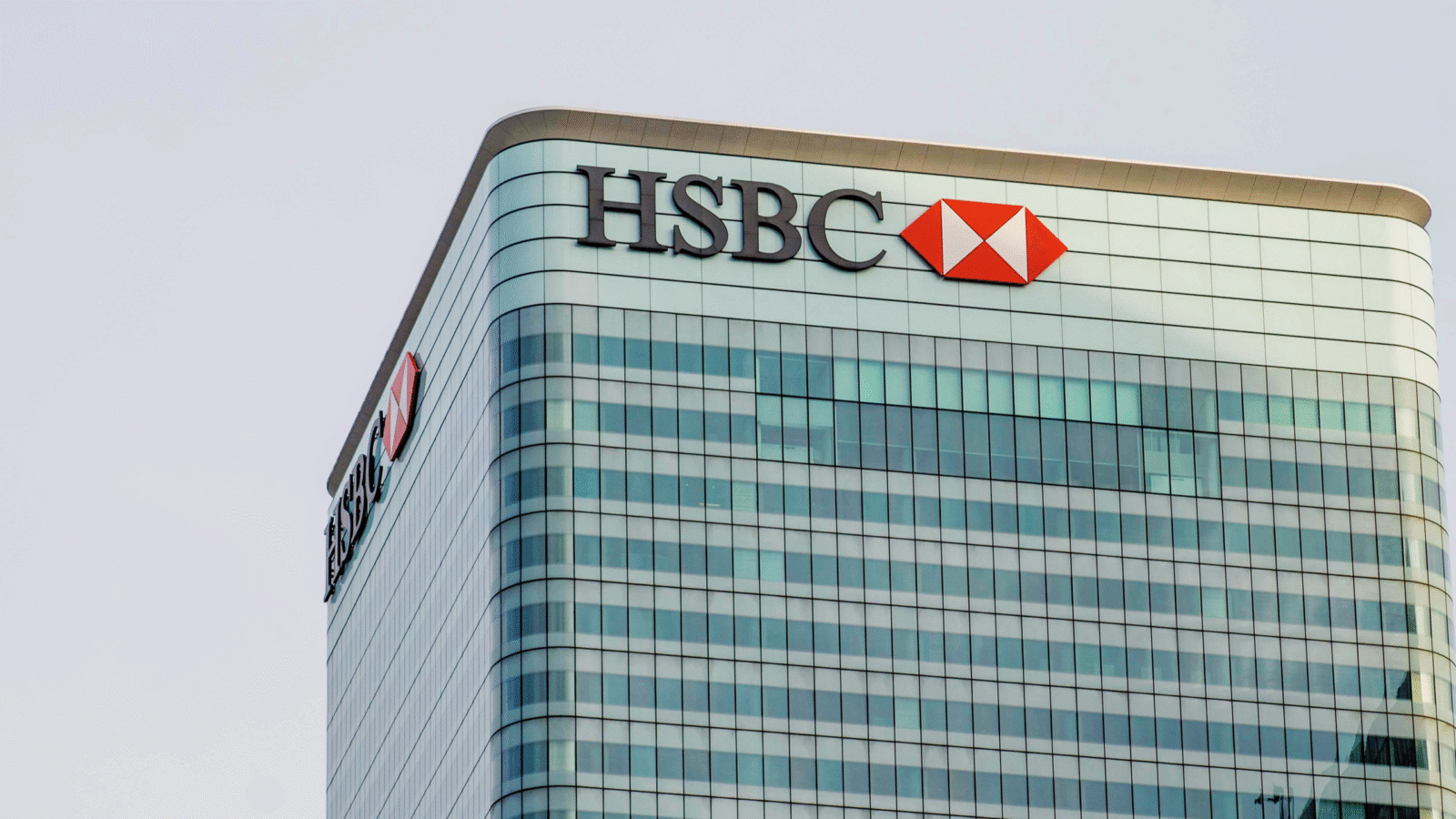Visa, Mastercard Agree to Massive Settlement That Limits Swipe Fees
The agreement with US-based merchants is expected to reduce the credit card titans’ take by a combined $30 billion through 2030.

Sign up for smart news, insights, and analysis on the biggest financial stories of the day.
That’s no slap on the wrist for excessive swipe fees.
On Tuesday, Visa and Mastercard agreed to a settlement with US merchants that would reduce their income from swipe fees by some $30 billion over the next half-decade. Lawyers for the merchants are calling it one of the largest class action antitrust victories ever.
Here’s My Card
Combined, Visa and Mastercard account for about 690 million of all general-purpose credit cards in circulation in the US, or an 84% market share, according to the most recent annual study on the industry conducted by the Federal Reserve. According to Nilson Report data, total credit card purchase volume in 2022 hit $5.6 trillion, up roughly 20% from the year before, and could rise as high as $6.3 trillion by 2026. That’s allowed Visa and Mastercard to feast on swipe fees, which are usually around 1% to 3% and are calculated by combining a fixed fee with a percentage of the sales total.
Unlike American Express, both credit card titans have effectively blocked small businesses from charging customers extra fees to cover swipe charges. And both companies announced last fall they’d be increasing swipe fees for certain purchases — an increase that could force merchants to pay an additional $502 million each year, according to CMSPI, a consulting company that works with merchants. Visa said its 2023 revenue jumped more than 11% to $32 billion, and its net income climbed more than 15% to $17 billion. Mastercard reported similar double-digit year-over-year gains, albeit to slightly smaller totals.
But that impressive growth may soon come to an end following Tuesday’s class settlement, which started with a lawsuit in 2005:
- Under the settlement, Visa and Mastercard have agreed to lower fees by 0.04% and maintain that level through 2030. While small, that cut is still calculated to save merchants around $30 billion in swipe fees over that time.
- The settlement also gives small merchants the ability to form groups and negotiate fees directly with the two credit card companies, just as large retailers already do. The settlement also allows small merchants to set different swipe fees for all cards, rather than just by card network.
Not So Fast: “These are extraordinary concessions by Visa, Mastercard, and the banks,” TD Cowen analyst Jaret Seiberg told The Financial Times. The settlement is still subject to final approval by a New York district court, and the changes may not be made until early next year. But an appeals court last year did affirm a nearly $6 billion settlement in a similar case from 2018. Of course, the settlement doesn’t require merchants to pass any of the savings down to the consumer.











